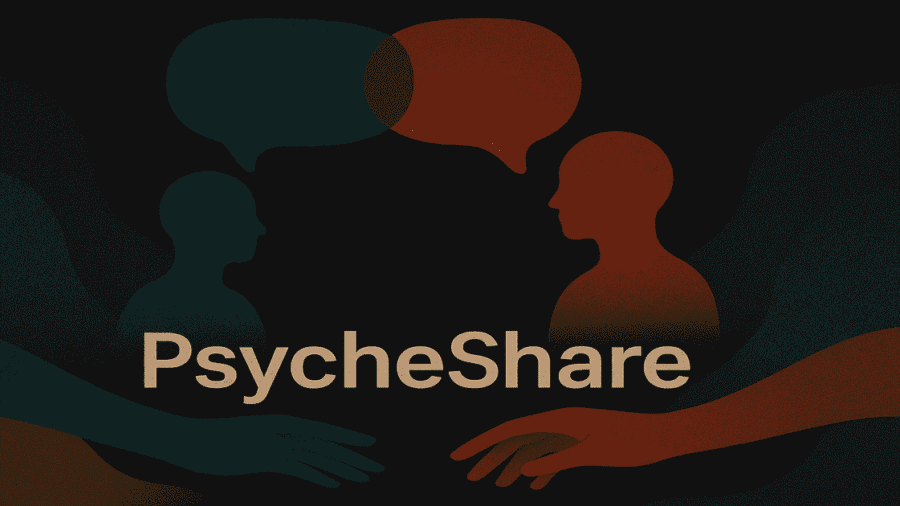I still remember the sound of the door.
It was early, just after dawn, the sky barely turning pink behind the trees. I was seventeen, groggy and irritated, woken by the click of the front door as it shut quietly behind my older brother, Micah. At the time, I assumed he was heading out for a morning run or grabbing coffee like he sometimes did.
I never saw him again.
That morning lives in my mind like a film on loop. The way the sunlight crept across the hardwood floor. The faint scent of his cologne lingering in the hallway. The silence that followed.
Micah was twenty-two. Tall, wiry, sarcastic in a way only big brothers can be. He had this restless energy, like the world was never quite enough to hold him. He had dropped out of college the year before and moved back home to Raleigh, North Carolina. He was drifting, working odd jobs, painting in the garage, staying up late to play guitar in the backyard. But he was still my brother. My protector. My anchor.
Until he vanished.
“He Will Be Back Soon…”
At first, we did not panic. My parents exchanged a glance over breakfast, but my mother brushed it off. “He probably went hiking,” she said. “He needs space.”
But by sunset, that space felt like a chasm.
His phone rang and rang. Voicemail. No texts. No messages on social media. No friends had seen him. His bank account had not been touched. His car was gone, but his sketchbook which was one of his most prized possession was still in his room.
My father called the police that night. The officer took notes, offered a tight-lipped smile, and said, “Adults are allowed to disappear, sir.”
Those words nearly broke my mother in half.
The Search That Never Ends
We hung flyers around the city, drove hours in every direction, called hospitals, shelters, old friends, ex-girlfriends. I learned the taste of desperation, metallic and thick in the throat.
People showed up with casseroles and sad eyes. “Let us know if you need anything,” they said, but no one knew what to do with grief that had no beginning or end. There was no funeral. No closure. Just a vacuum.
Every time the phone rang, my stomach knotted. Every headline about a found body made me freeze. Every stranger’s face held the impossible hope that it might be him.
Months passed.
Then years.
And still—nothing.
The Guilt I Carried
I hated him sometimes. That is the truth I rarely speak aloud.
I hated that he left. That he did not say goodbye. That he took a piece of our family and shattered it on the way out. I hated the ache in my mother’s eyes, the way my father quietly stopped playing guitar, the way birthdays felt more like funerals.
But more than hate, I missed him.
Micah was the one who taught me how to ride a bike. He used to sneak me candy during our parents’ boring dinner parties. He stayed up with me all night before my first real heartbreak, just listening.
And I never got to say thank you.
The Letter That Changed Everything
Seven years after Micah disappeared, I received a letter.
It arrived in a plain white envelope with no return address. The handwriting on the front stopped my heart cold.
Inside was a single page:
“Lena,
I am sorry. I was drowning and did not know how to say it. I could not carry everything and still be myself. I needed to disappear so I would not disappear forever.
I am okay now. Please forgive me.
Love,
M.”
I read it until the ink blurred. It was him. I knew it as surely as I knew my own heartbeat.
He was alive.
Somewhere.
The Decision to Let Go
We never found him, not really. The letter gave no address, no way to write back. It was mailed from Phoenix, Arizona, but by the time we contacted the post office, there was nothing to trace.
It was like he had whispered from the void, just long enough to let us breathe again.
I held on to that letter like scripture.
It did not erase the pain. But it gave us something we had not had in years: permission to hope—and to heal.
My mother put the letter in a frame beside a photo of Micah at seventeen, grinning and sunburned at the beach. My father picked up the guitar again. We started living like maybe, just maybe, he was living too.
Reflection: How I Learned to Keep Living
I am thirty now. Micah would be thirty-five.
I still think about him every day. I wonder where he sleeps, what he does for work, if he ever tells people about his little sister back in North Carolina.
I no longer search faces in crowds. I do not obsessively check missing persons forums. I have learned to carry the not-knowing with tenderness.
Some disappearances are not mysteries to be solved, but boundaries to be respected. Micah did not vanish to hurt us. He left to survive. And somehow, I believe that helps.
So if you have ever lost someone to silence, know this:
You can still love them without holding them. You can forgive them without understanding everything. And you can keep living, even with the unanswered questions.
Because love does not need certainty to be real. Be safe my brother.



Add a Comment